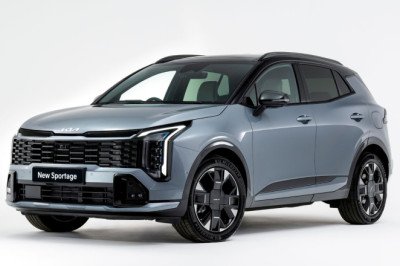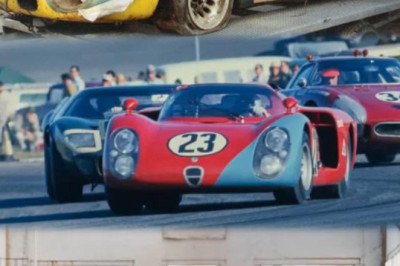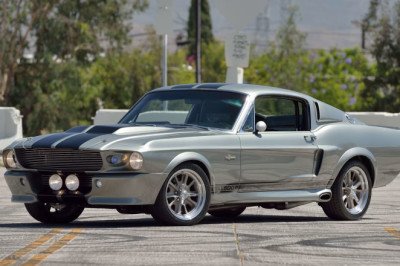
Some motorists have been told to "avoid" putting certain fuel in their petrol vehicles in a bid to cut costs. Car experts at Admiral car insurance urged some road users to "avoid premium unleaded" if they want to boost their fuel economy.
Premium E10 unleaded fuel is often sold alongside standard E5 unleaded at most petrol stations. Premium fuel contains a higher octane rating but is often more expensive to use than the regular pump. Premium fuel can offer many benefits such as improved cleaning and lubrication of older engines.

However, Admiral stressed that only high-performance cars will see any real benefit from using the fuel with owners of everyday vehicles urged to stay away.
Admiral added: "Premium or 'super' unleaded fuel is generally only beneficial for high-performance vehicles or imported cars that need a higher-octane rating.
"Most cars likely aren't going to utilise the premium option enough to justify the 10-30p price difference. You can check your vehicle's handbook or do some online research to see if it will benefit from premium unleaded fuel."
For certain high-compression vehicles, using premium fuel can have a range of benefits such as improved engine performance.
Extra additives can also reduce friction within the engine as well as cleaning major components such as fuel injectors and valves.
Despite this, WeBuyAnyCar stressed that many road users would not need the extra benefits of premium fuel.
They explained: "If your car is less than ten years old and has a mileage under 80,000, there probably won’t be too many benefits of using premium fuel, unless it’s a performance vehicle.
"However, if you’ve found that your car has been feeling a bit knackered, try filling your tank up with a high-octane fuel next time to see if you notice any change."
But, KwikFit warned that those with the keys to high-performance vehicles could be caught out if they don’t put premium fuel in their vehicles.
These cars rely on the added octane levels more than slower vehicles and could become damaged later down the line.
KwikFit stressed: "If your handbook recommends a higher octane fuel, and you fill up using a lower-octane option than is recommended, then this could result in engine damage over the long term."















Facebook Conversations